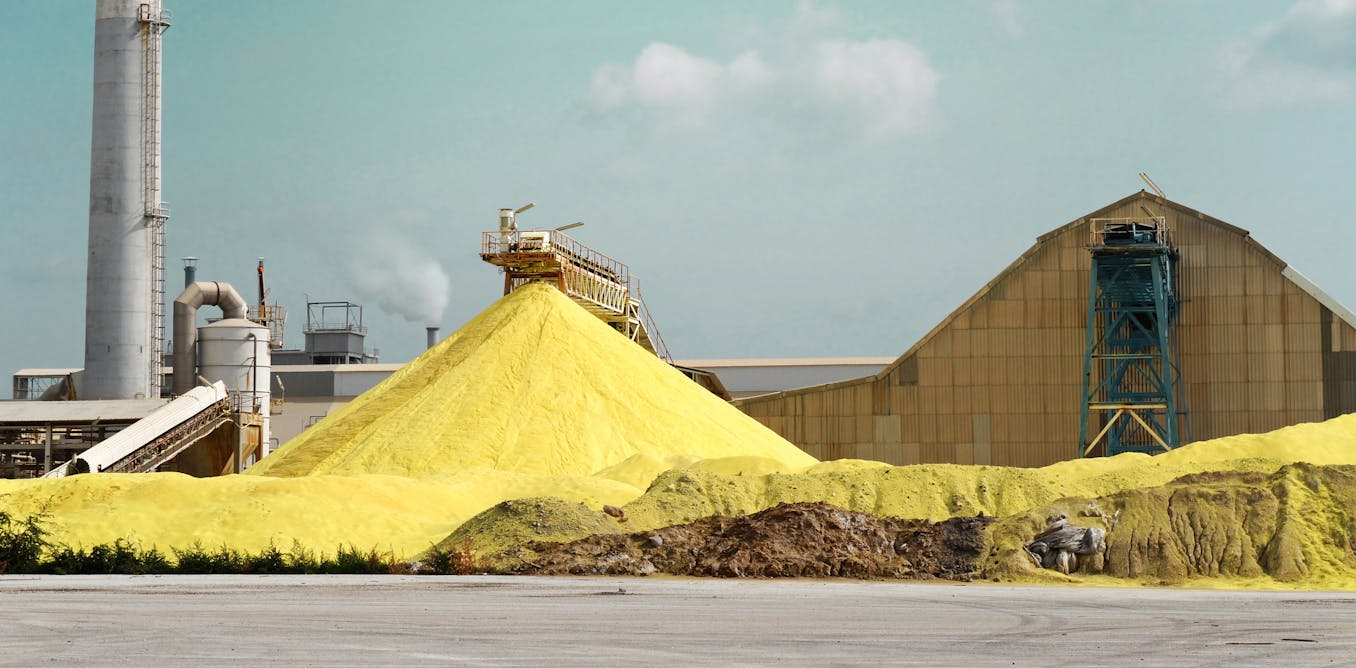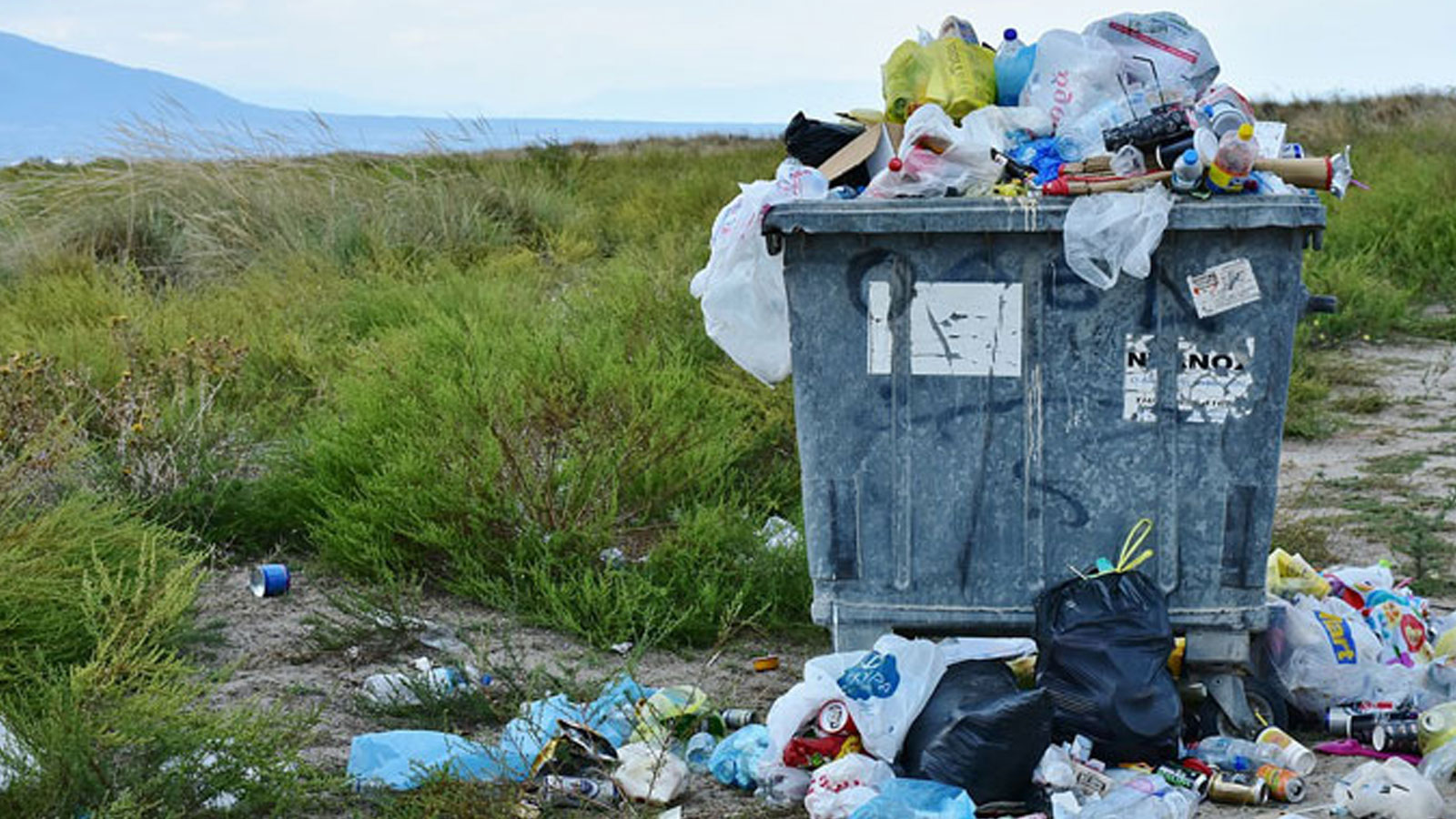
Sulfuric acid: the next resource crisis that could stifle green tech and threaten food security
A key ingredient for a green future is currently derived from fossil fuels.
 theconversation.com
theconversation.com
Everything is joined up.


 theconversation.com
theconversation.com
Some humans just might be dumb enough to think that is a good idea..... sighWe’ll just have to develop the technology to start mining the atmosphere of Venus…
Atmosphere of Venus

But is 20% enough to produce the necessary sulphur? How much extra plastic will be needed for solar, insulators, etc?From memory plastic production is only a few percent of the total fossil fuel consumed.
Looking it up I found this
"Today, about 4-8% of annual global oil consumption is associated with plastics, according to the World Economic Forum. If this reliance on plastics persists, plastics will account for 20% of oil consumption by 2050."
Why plastics can be garbage for the climate
They generates heat-trapping gases at every stage of their life cycle.yaleclimateconnections.org
Not to say there aren't other impacts from plastics on climate change and pollution, from incineration to microplastics getting everywhere but in terms of pure feedstock, it isn't a lot.
